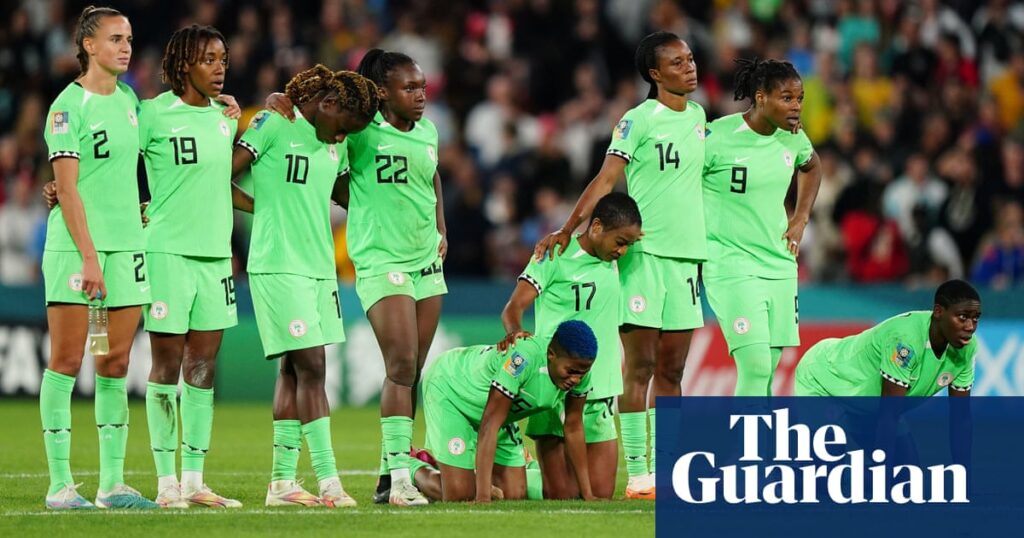Football News Update: Tax Burden Weighs Heavy on Women’s World Cup Players
The recently concluded FIFA Women’s World Cup in Australia and New Zealand has brought to light a significant issue faced by players from several participating teams – a substantial tax burden imposed by the Australian Tax Office (ATO).
According to the details, all players whose teams were based in Australia for the duration of the tournament are receiving just over two-thirds of their match fees, with the ATO imposing a 32.5% withholding tax. This tax deduction was an integral part of the hosting agreement between FIFA and the Australian government.
In contrast, teams that played their group and knockout matches in New Zealand were not subject to any such tax deductions, as they were granted tax-free status by New Zealand’s Inland Revenue. Players from teams that competed in both countries were taxed on a pro-rata basis, depending on the number of games played in Australia.
The impact of this tax burden is particularly evident for players from developing countries, for whom the match fees from FIFA can be life-changing. Nigeria’s players, who reached the last 16 before narrowly losing to England, earned $60,000 (£47,850) each but only received $40,500 (£32,300) after the ATO’s deductions.
“FIFA goofed … and players at the same tournament are being taxed differently.” – NFF official
The issue of double taxation has also come to the fore, with South Africa’s players facing taxes from both the ATO and the South African Revenue Service (Sars). While Banyana-Banyana played most of their games in New Zealand, the ATO still taxed them pro-rata for the days spent in Australia.
FIFA acknowledged that the reduction in match fees will upset the players but maintained that the deductions were made in accordance with Australian law and the hosting agreement. The organization has provided “tailored support” to the participating member associations (PMAs) regarding the distribution of payments to players, and all distributions from FIFA to PMAs will be subject to audit.
As the football world gears up for exciting events like Euro 2024, the Champions League, and the FIFA World Cup, this tax debacle serves as a stark reminder of the need for governing bodies to prioritize the welfare and fair treatment of players, particularly in high-profile tournaments like the Women’s World Cup.
🔗 Source
